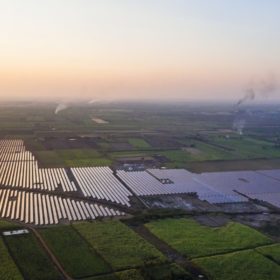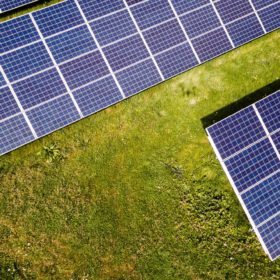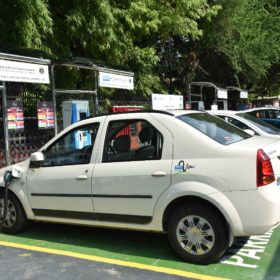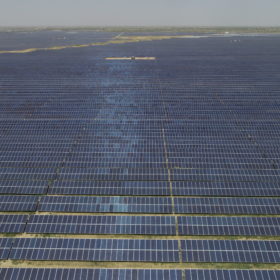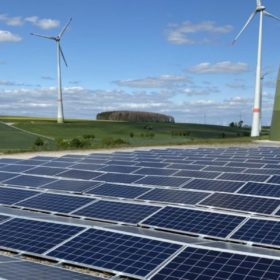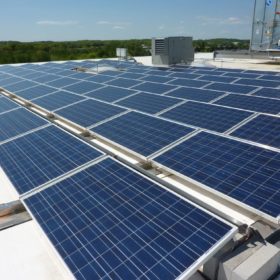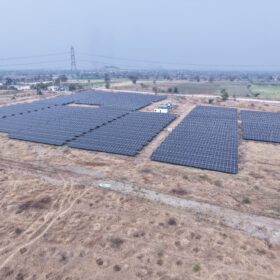Foreign investors tapping into India’s solar market undeterred by untimely payments
Full ownership allowed in renewable energy projects and 25-year power purchase agreement are the major factors drawing foreign investors to India’s high-growth solar market. Major developers in India have solar portfolio distributed across States, which further minimizes the risk for investors.
Canada’s OMERS Infrastructure to buy 19.4% stake in Azure Power
The transaction expands Canadian pension plan’s investment in clean energy, consistent with its long-term strategy to increase footprint in this growing sector.
Australian firm partners JSW Energy on green hydrogen projects in India
Australia-based Fortescue Future Industries has partnered with JSW Energy arm on green hydrogen production and application in India.
Amp Energy India raises US$ 100 million from Danish investor
Copenhagen Infrastructure Partners and Amp Energy have signed a US$200 million investment pact with each partner committing to $100 million. The investment will allow Amp Energy to add 1.7 GWp of utility-scale and commercial and industrial renewable energy projects.
Torrent Power acquires 50 MW solar assets from Lightsource BP
The PV plant is situated in the Solapur district of Maharashtra. It benefits from a 25-year power purchase agreement with Solar Energy Corporation of India Limited at a fixed tariff of INR4.43 per unit.
CESL, HPCL sign agreement on EV charging infrastructure
Convergence Energy Services limited, an arm of Energy Efficiency Services Limited (EESL), will set up electric vehicle charging points at Hindustan Petroleum Corporation Limited outlets in major cities including Mumbai, Delhi, Bengaluru, Hyderabad, Chennai, Kolkata, and Pune. The two partners are also identifying major highways across India where adequate charging infrastructure can be installed.
ACME Solar raises $334 million via offshore green bonds
The Indian developer has a cumulative 4.8 GWp solar portfolio, including 2.2 GWp operational and another 2.6 GWp under-construction projects. It will use the proceeds from the green bonds to finance twelve of its solar assets in India.
CATL claims to have made sodium-ion batteries a commercial reality
The manufacturer has launched sodium-ion products online. Production has begun and will be easily scalable, according to the CATL chairman. Researchers have been keen to make the technology work as it offers a cheaper, more environmentally friendly alternative to lithium-ion products.
IFC makes $126 million equity investment in India’s Federal Bank
The equity investment is expected to see Federal Bank increase the financing for green projects including energy efficiency, renewable energy, climate-smart agriculture, green buildings, and waste management.
Financial feasibility of behind-the-meter solar-plus-storage in India
A new report says solar-plus-energy storage will become an attractive investment option for commercial consumers in India as early as 2023 for electricity bill reduction. For high-tariff paying residential consumers, the system will reach grid parity post-2027. The report findings are based on the levelized cost analysis of solar-plus-energy storage systems for consumers in the Indian State of Tamil Nadu.



